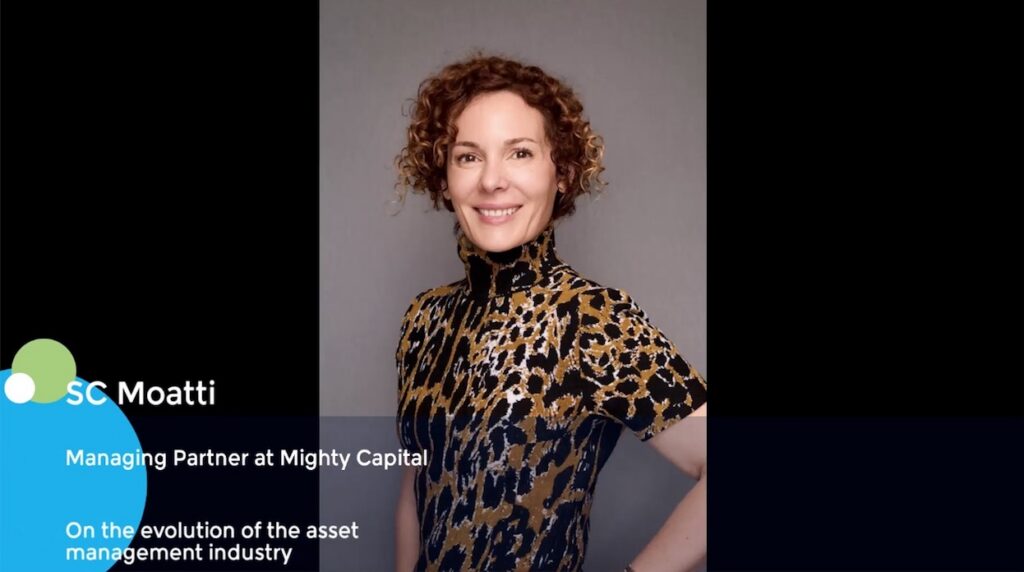Australia PE dealmakers expect more bilateral deals in recovering market – AVCJ Forum
Private equity (PE) dealmakers in Australia are betting on more bilateral deals in their pipeline as the market bounces back with a more robust deal flow, they told the AVCJ Private Equity Forum Australia & New Zealand in Sydney this week.
PE dealmaking interest is picking up as a reflection of the resilience of the Australian economy and the relatively cheaper multiples in this market in comparison with North America and Europe, according to panelists at the forum.
Anacacia Capital currently has three deals under exclusivity, according to Managing Director Jeremy Samuel. All three businesses have been known to Anacacia for a long time and are now ready to take external capital, without running a broad process, he noted.
There has been “more of a meeting of minds” on price expectations from both sides, he added. Anacacia, which is raising its Fund IV, had a quick first close last year and has already started deploying the new fund, as reported by Mergermarket in November.
Allegro Funds has a bilateral deal close to completion now, which would be the fourth deal in its AUD 750m Fund IV, said Founding Partner Chester Moynihan. Separately, Allegro has been mentioned as one of the bidders for Synlait Milk’s [NZX:SML, ASX:SML] consumer foods business Dairyworks in a local media report.
Bilateral deals do not just feature in PE entry points, but also at exits. “It just takes longer to court your strategic buyer universe, (and) ultimately bilateral tends to be where things are going,” Moynihan noted.
Daniela Wegner, director, private equity, IFM Investors, echoed the view on more bilateral deals and said that four of her firm’s last deals were on a bilateral or exclusive basis, which from a valuation and returns perspective, is more compelling.
Robust deal flow
In terms of deal flow, Anacacia continues to see lots of opportunities coming out of baby boomer business owners exiting their businesses. It often has “bilateral exclusive access to deals”, Samuel noted.
It is a “definitely better environment for buying” now than it has been for several years, he said. While the IPO market is closed and bank lending is limited, many established, profitable and family-owned businesses still need capital, he added.
IFM’s Wegner pointed out that just under 90% of Australian companies are in the AUD 10m-AUD 100m revenue range. “We (IFM) are trying to access those opportunities,” she said.
Allegro sees deal opportunities when multinationals or conglomerates want to shrink back to their core markets or core businesses and need to divest assets, or when banks step back from certain situations and the firm can provide capital solutions, Moynihan said.
In contrast, deal flow in Allegro’s traditional turnaround segment has been relatively quiet, as there have not been a lot of insolvencies or deep distressed situations, he added.
Rohan Wolfers, managing director of Pacific Equity Partners (PEP), said that his firm, despite its size, is proudly domestic-focused, i.e, Australia and New Zealand-focused when it comes to investment opportunities. PEP quite likes the cross-border expansion angle though, having previously taken Manuka Honey globally, he noted.
PEP is raising its Fund VII, Wolfers told the audience, confirming media reports. It has been reported PEP is raising its largest fund so far, targeting AUD 3bn.
“In the segment we are playing in, there are three players of our size,” Wolfer said. “We all like different things. That allows us to pay a fair price. Even public markets in Australia are much more fairly priced (in comparison with North America).”
In a regional context, Australia has been named among the few markets in Asia that is attracting increasing interest, panelists said at the forum. India is a powerhouse and Japan is also interesting, they said.
“For LPs that are looking for Asia growth but with developed markets exposure, a country like Australia is an important part of portfolio,” said Joel Thickins, co-managing partner at TPG Capital Asia.












